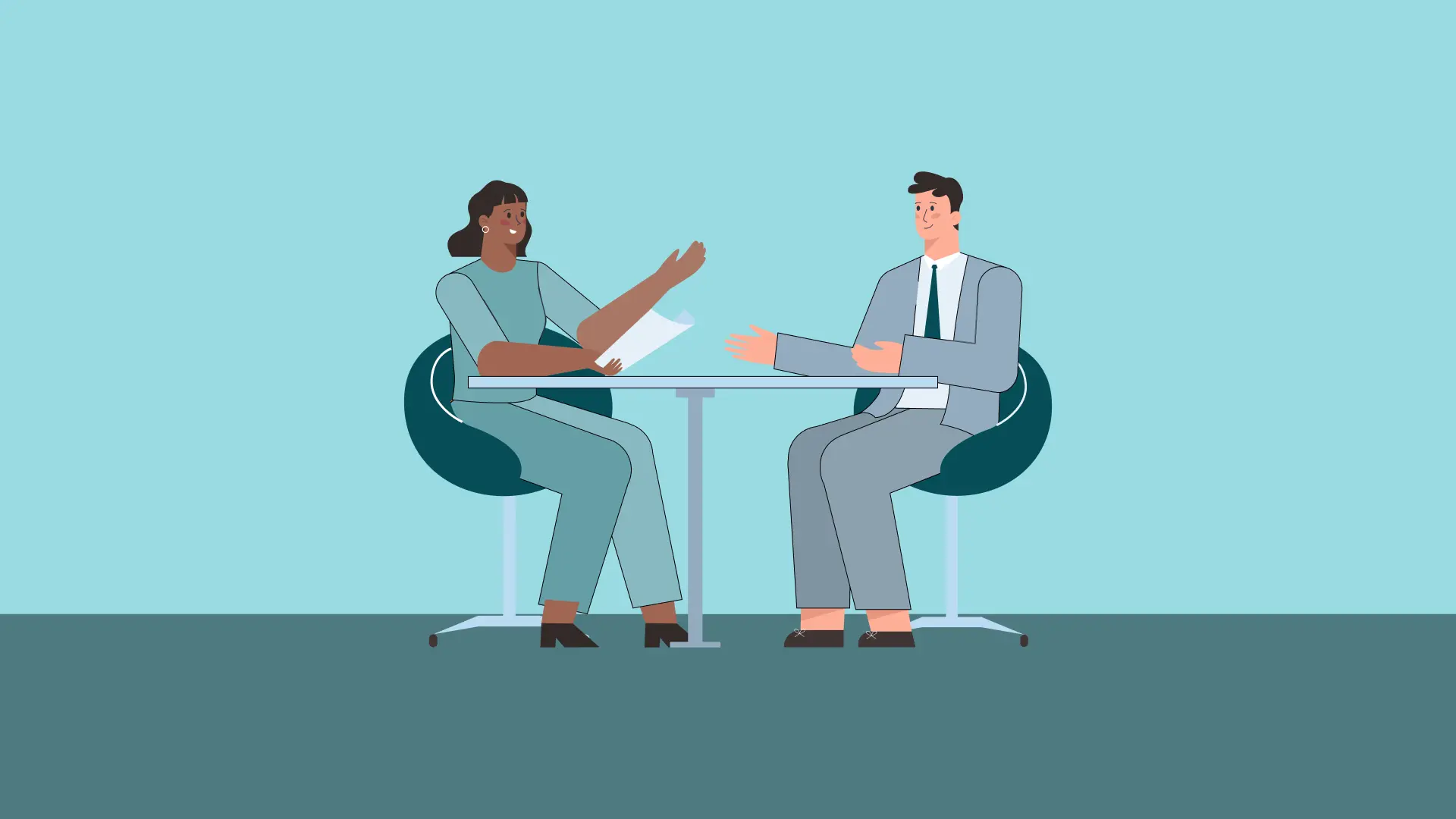1000+ Job Interview Questions & Answers for Every Profession
Are you preparing for a job interview and wondering which questions you’ll be asked or how to craft the perfect answers? You’ve come to the right place. Whether you're applying for your first job, switching careers, or aiming for a more senior position, this page is your ultimate resource for job interview success.
It features a massive collection of job interview questions and answers, including: the most commonly asked interview questions across industries, expert-crafted sample answers to help you respond confidently, profession-specific Q&A for over 1,000 different job roles, and tips on how to ace job interviews.
From classic interview questions like “Tell me about yourself”, “Why should we hire you?”, and “What are your strengths and weaknesses?” to more technical or role-specific queries, we’ve got you covered. You’ll also learn how to use the STAR method to structure impactful answers and avoid common interview mistakes.
Whether your next interview is over the phone, via Zoom, or face-to-face, this comprehensive resource will help you feel fully prepared and confident.
Your dream job is just one interview away — don’t leave your chances to luck. The secret to standing out and getting hired is simple: preparation. And it starts right here.

10 Common Interview Questions and Answers
No matter the job, company, or industry, some interview questions just keep coming up — and for good reason. These questions help employers quickly assess your confidence, communication skills, and how well you fit the role.
In this section, we’ve compiled the most commonly asked job interview questions along with strategic sample answers that can help you stand out. From “Tell me about yourself” to “Why should we hire you?”, these are the questions you’re almost guaranteed to face — and mastering them can give you a huge advantage.
Each answer is crafted to show your skills, experience, and personality, while remaining flexible enough to adapt to any profession or level of experience. Use these examples to guide your preparation and tailor your responses to reflect your unique strengths.
- Are You a Leader or a Follower?
- Do You Have Any Questions for Us?
- Tell Me About Yourself
- What Is Your Greatest Accomplishment?
- What is Your Greatest Strength?
- What is Your Greatest Weakness?
- What is Your Salary Expectation?
- Why Do You Want This Job?
- Why Do You Want To Leave Your Current Job?
- Why Should We Hire You?